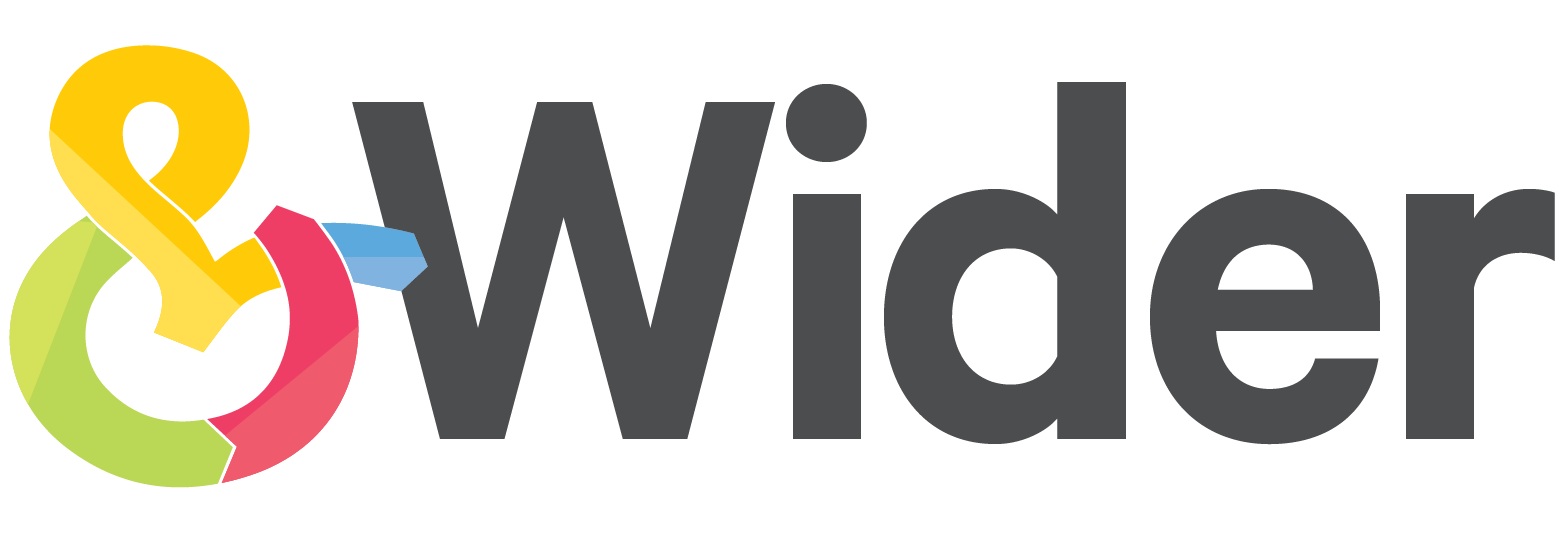So you want to listen to the workers in your supply chain? 3 questions to guide your responsible sourcing strategy.
The net is closing for companies who don't pay attention to human rights due diligence in their supply chains. The mandatory due diligence proposals, the sustainable investing boom and the earth-conscious young are compelling major corporations to rightly place greater emphasis on social impact.
This increased public pressure on human rights due diligence in supply chains will cause many brands to consider opening up a channel to receive feedback directly from workers, since one of the biggest opportunities for inclusion and impact lies with listening to workers in the supply chain.
As companies consider how data gathered directly from workers in their supply chains might fit into their due diligence and social compliance programs, here are a few lines of internal inquiry to consider.
Why listen?
First, why does your organisation want to listen to workers?
Giving attention to the intent of listening to workers helps ensure that the organisation will take thoughtful action with this feedback. If the intention is focused only on mitigating the risk for the brand, the response to challenging issues raised by workers might not be in the best interest of the workers. If, however, the intention for listening is aimed at contributing to the improvement of workers' lives, responding to complex challenges raised by workers will look different than those solely focused on mitigating brand risk.
A focus solely on risk keeps organisations reactive, whereas shifting the lens beyond risk toward opportunity gives us clarity to respond to priorities, progress and improvements, giving organisations a direct view into some of the most critical opportunities related to the Sustainable Development Goals (SDGs), issues like poverty, reducing inequality, and decent work to name a few.
What are the opportunities and challenges?
What opportunities does listening to workers offer your organization, and what challenges might it raise?
When considering what opportunities listening to workers may offer your organisation, you may take into account how this data will “fit” into your efforts related to procurement, sustainability and compliance.
This data can be integrated into a broader social compliance monitoring program, such as with audit and self-assessment data, or it can offer insights about working conditions in an area of the supply chain where data hasn’t been collected before.
By integrating data gathered from workers, organisations gain clarity about where audits can be most effectively used and how to direct budget focused on capacity building and training in a manner that puts the worker in the center
As in any relationship, when we truly listen to others, we might hear difficult things. Listening to workers is no different. While Direct Worker Reporting or worker voice provides a high level view of worker priorities, deeper engagement might be necessary in order to understand the context and root cause.
Remember that social issues within supply chains are often complex and multi-faceted. These could include factors that may be beyond the control of the supplier. Suppliers might be resistant to opening up a channel for listening because of the added pressure this puts on them to respond to workers. It is vital to consider who will be accountable for responding to the workers and what systems are in place to ensure a calibrated response is possible.
How will you respond?
Finally, how is your organization prepared to respond to the feedback from workers, even if you are not their direct employer?
Encouraging suppliers to respond to workers forms the start of a dialogue with employees about how a particular issue can best be addressed. However, opening a channel for listening should be considered as a feedback loop rather than a linear start and finish.
We’ve learned over the years that responding to workers in meaningful and impact-oriented ways often means engaging multiple stakeholders and calling in support from a variety of industry experts.
If your organisation wants to engage workers throughout the supply chain in meaningful dialogue, it's important to align the intent with the workers themselves.
This means opening the channels of listening when your organisation is ready to respond, and committing to the awareness that if we’re asking workers to tell us about their working lives, we are accountable to ensuring there is a response to what the workers have offered.
This approach not only builds trust in our monitoring systems, but it drives social impact towards our global vision for more sustainable supply chains.
Listen to our podcast here about what works when it comes to mobile technology and worker voice.

